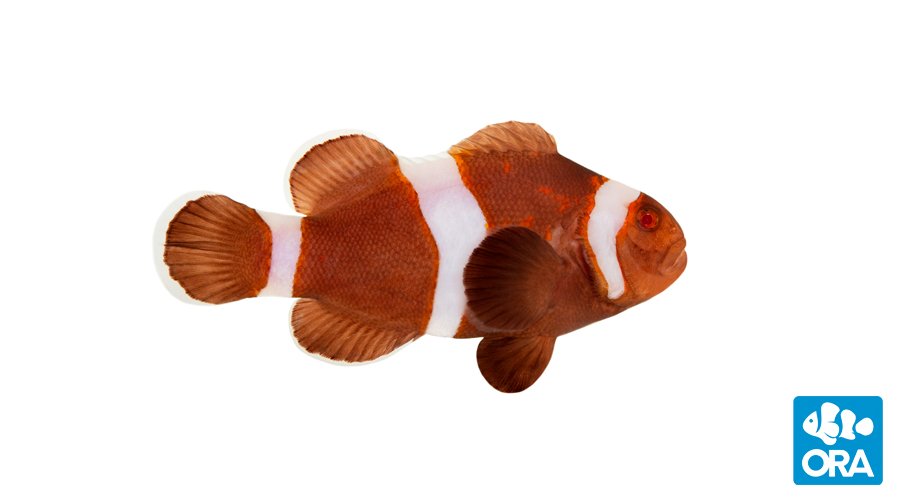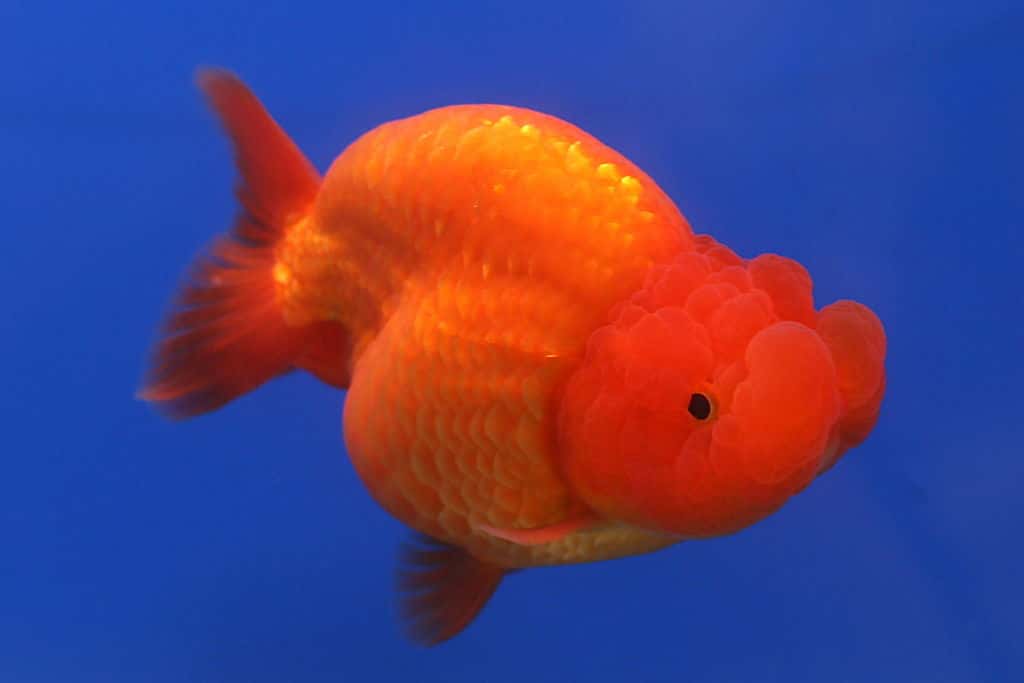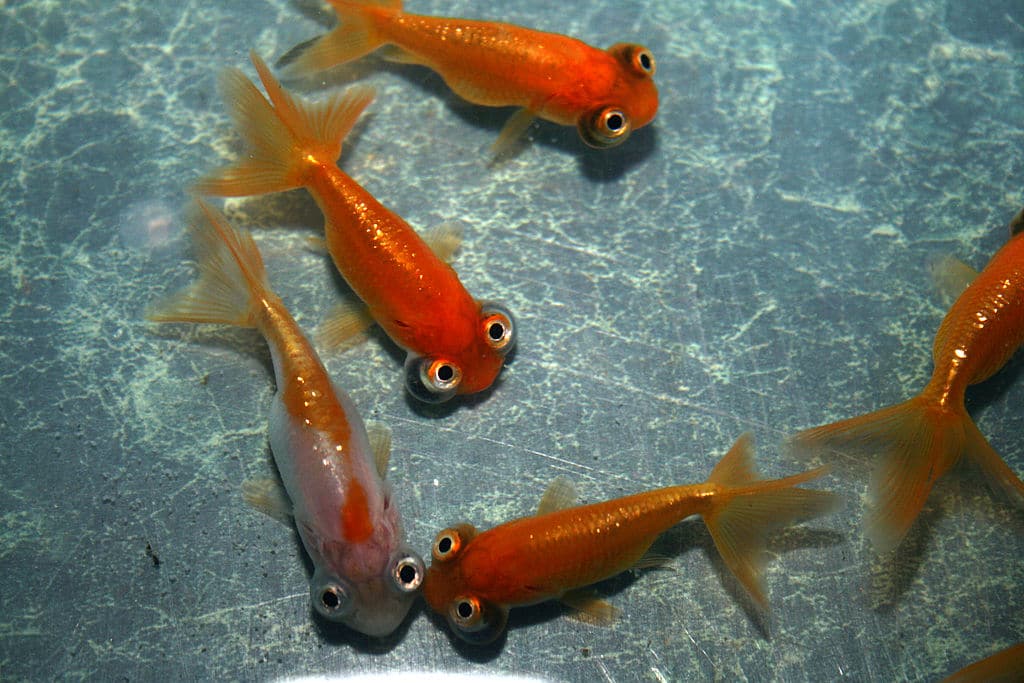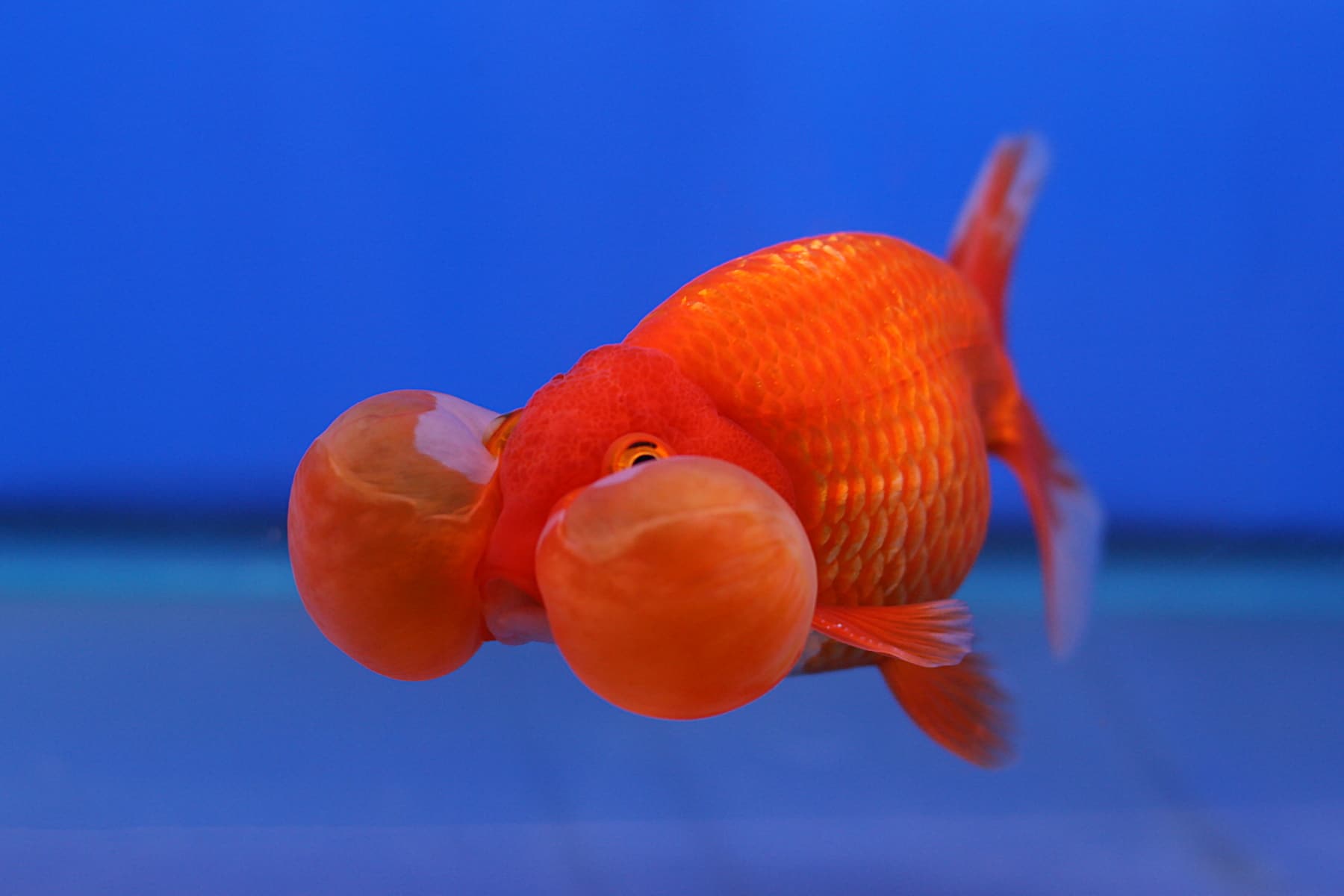- Joined
- Oct 10, 2019
- Messages
- 32
- Reaction score
- 8
Good Question , I think the same thing about the poodle & the kardashys
[/QUOT. The Mocha Storms blow me away
Follow along with the video below to see how to install our site as a web app on your home screen.
Note: This feature may not be available in some browsers.
Good Question , I think the same thing about the poodle & the kardashys
[/QUOT. The Mocha Storms blow me away
This is NOT ethical breeding or husbandry!So I got this email the other day about ORAs new breed of clown fish "Zombie Clowns". Reading through this these new clowns look pretty cool, not something I would want myself but I could see the allure to them.

Upon further reading near the bottom of the article theres a little disclaimer stating that contrary to belief these fish aren't blind, but partially blind.
I don't know for sure if this is a byproduct of the particular type of breeding it takes to get this type of clowns or not. But I would think it's somewhat related.

ORA Unleashes Zombie Clownfish on the Masses - CORAL Magazine
It's taken several years, but Robert King's Zombie Albino Black Clownfish will now see wider distribution as a result of breeding efforts by ORA.www.reef2rainforest.com
So my question is, do you think we have gone too far trying to come up with new patterns of clowns? Have we gone so far as to accept breeding to the point of relatively disabled fish? What are your thoughts on this?

We are breeding clownfish as well. But we are a small facility, and you can obtain more info in my build thread that is in the signature. In my opinion, no one should release a partially blind fish if this is true. I can't understand it personally. We should breed them to have cool patterns, not "cool" defects. Sure, there is such thing as perfect imperfection, but partially blind doesn't fit into category for me.
Now about the initial question in this thread. I think breeding clownfish is extremely valuable for our hobby and our planet. I know what you are thinking:"How are you helping with your small facility?" And it's true, comparing to the large breeding facilities we're not helping that much to relieve the pressure on the oceans, which is the primary goal. But I'm not looking at this from this point of view. I want to help and be part of it, and we have a specific amount of time that we can dedicate for breeding in my life with my wife. I'm taking this time and putting all my efforts into it. Yes, compared to the large breeders, my help is MINIMAL. But I know that I'm using all the power and resources that I have available. That's mean for me - I'm doing my MAXIMUM to help release the pressure. This is all I can give, and I'm proud of it. This is why I'm so open also to share all the details about breeding. To help others to succeed in this in case they want to try as well.
So no, we are not gone too far, but breeders should control their desire for income and release only healthy fish. And that a fish ACT NORMAL when born partially blind, is not a sign that this fish is healthy they adapt to what they have as they never got anything else, this is how they were born.
Is this really any different than the puppy mills we all disdain? Science is a wonderful thing, use it to make the breed better, not worse.It's absolutely sickening if a breeder or company is selling and breeding disabled animals as a result of market demand. This is sickening. Color patterns is one thing, natural defects is one thing, but marketing the disability? That's sickening. That would result in a lifetime boycott of that company by myself unless they apologize and stop that practice.
Why compare dogs? It doesn't make it any better. I'm not against breeding different patterns and colors but I'm not ok with breeding a fish knowing its eyesight is affected. Please explain how this is science breeding for the better when a mutation causes some blindness just so someone can say I have a zombie clownfish?Is this really any different than the puppy mills we all disdain? Science is a wonderful thing, use it to make the breed better, not worse.
I have some serious ethical concerns about this mindset. To be polite, I’d love to see where you’ve found such definitive proof that fish can’t “suffer” keeping in mind that the term itself is very subjective. Fish have absolutely been know to show anthropomorphic qualities of both distress and loneliness when placed in comprised environments. I myself did a study (if I can find it I’ll post it here) on a fishes ability to feel pain and my finding based mainly on available metadata were inconclusive at best. I really think that the age old “goldfish brained” or reptilian brain argument leads the way to minimize the respect less evolved form of life desire just as well as any other animal.Not only do fish not suffer, since we know this from studies that have been done (they don't have neural components necessary to feel pain/suffer), but why do they need good vision. Of course they do in the ocean, but in a home aquarium? Even if they could suffer, I would still argue that impaired vision would not impact the quality of their life. I used the example of the blind cave fish for this reason. There's no advantage to them being blind, it's just not necessary to see so the traits for good vision were never selected for. Or even consider moles, higher order animals that certainly can suffer. I don't think they're suffering from their blindness because they don't need vision to survive.
With all do respect, this statement doesn’t speak to the claims made in a previous statement nor the question at hand. The issue simply evolves around the ethics of selectively breeding fish, knowing the outcome will produce individuals which are less fit than there progeny and may have difficulty within there life expectancy due to something which could have simply be avoided. (e.g., partial blindness, exaggerated fin size, deformed body composition etc.) we as consumers also have a responsibility to put companies in check when they take things to far, doing so with the almighty dollar.There's plenty of animals that don't replace one sense with another. You're making a lot of assumptions here about an animals desire to have senses affecting their well being and there's no evidence for that. Nothing needs to be substituted ever in nature. Animals either survive or they don't, nature doesn't cater to these desires that you've attributed to them.
To be fair to ORA or any other companies, I was simply commenting on the fact presented in the post and hadn’t yet navigated to the link.Keep in mind that no where does ORA state they have any deformity or visual problems
Goldfish are a shining example of how selected traits can become exaggerated overtime with heavy selectivity in breeding and have negative consequences for the animal. I do love my goldfish though
Because they lack a dorsal fin these fish can be rather slow. Additionally, if the wen covers the eyes it can significantly impair their vision. All this means they won’t be able to compete for food with more “able-bodied” tankmates. In fact, they should ideally be kept in an aquarium containing only other ranchus and lionheads, although other slow varieties work as well.
Monstrosities have been created before and will again. I have never kept any of these kind of fish but I know about them


Dogs are a terribly perfect example of selective breeding and in my opinion an excellent example in how selectivity for traits or appearance can lead to horrible health impairments. I mean, have you seen a pug? Haha I digress...Why compare dogs? It doesn't make it any better. I'm not against breeding different patterns and colors but I'm not ok with breeding a fish knowing its eyesight is affected. Please explain how this is science breeding for the better when a mutation causes some blindness just so someone can say I have a zombie clownfish?
Not gone to far at all....I have never heard of Zombies Clowns???? What color are they???So I got this email the other day about ORAs new breed of clown fish "Zombie Clowns". Reading through this these new clowns look pretty cool, not something I would want myself but I could see the allure to them.

Upon further reading near the bottom of the article theres a little disclaimer stating that contrary to belief these fish aren't blind, but partially blind.
I don't know for sure if this is a byproduct of the particular type of breeding it takes to get this type of clowns or not. But I would think it's somewhat related.

ORA Unleashes Zombie Clownfish on the Masses - CORAL Magazine
It's taken several years, but Robert King's Zombie Albino Black Clownfish will now see wider distribution as a result of breeding efforts by ORA.www.reef2rainforest.com
So my question is, do you think we have gone too far trying to come up with new patterns of clowns? Have we gone so far as to accept breeding to the point of relatively disabled fish? What are your thoughts on this?
I have mixed feelings about dogs. Most dog breeds were created to fill certain tasks and those are the types I have always kept. Working dogs were judged by their work and not how they looked. A long time ago I was involved with dog breeding and showing. When it became about creating winning show dogs I watched a lot of breeds destroyed. Instead of paying fees to mix lines breeders inbred their own dogs. Suddenly healthy breads started having horrendous problems. Puppy mill breeders do the same thing.Dogs are a terribly perfect example of selective breeding and in my opinion an excellent example in how selectivity for traits or appearance can lead to horrible health impairments. I mean, have you seen a pug? Haha I digress...



